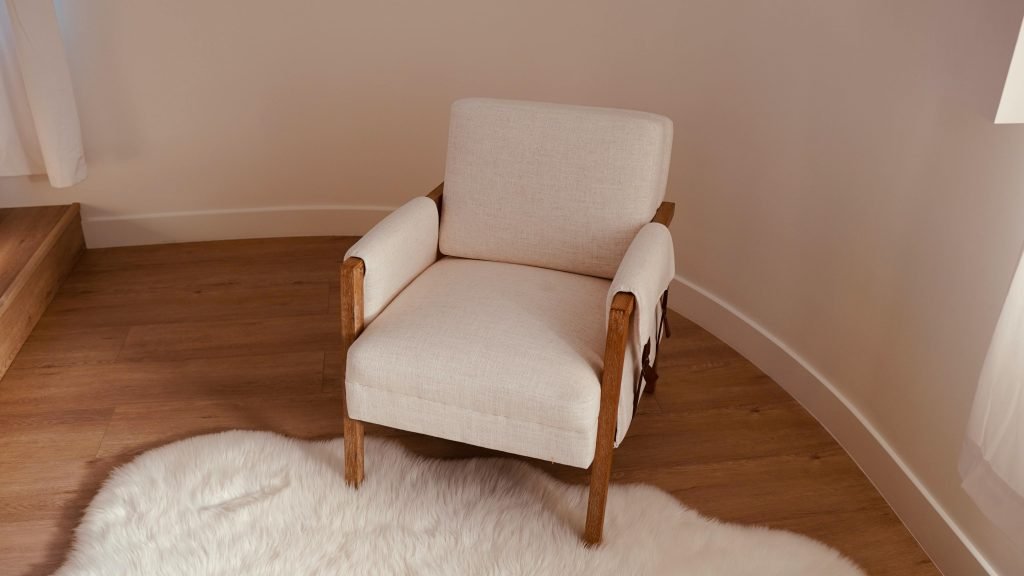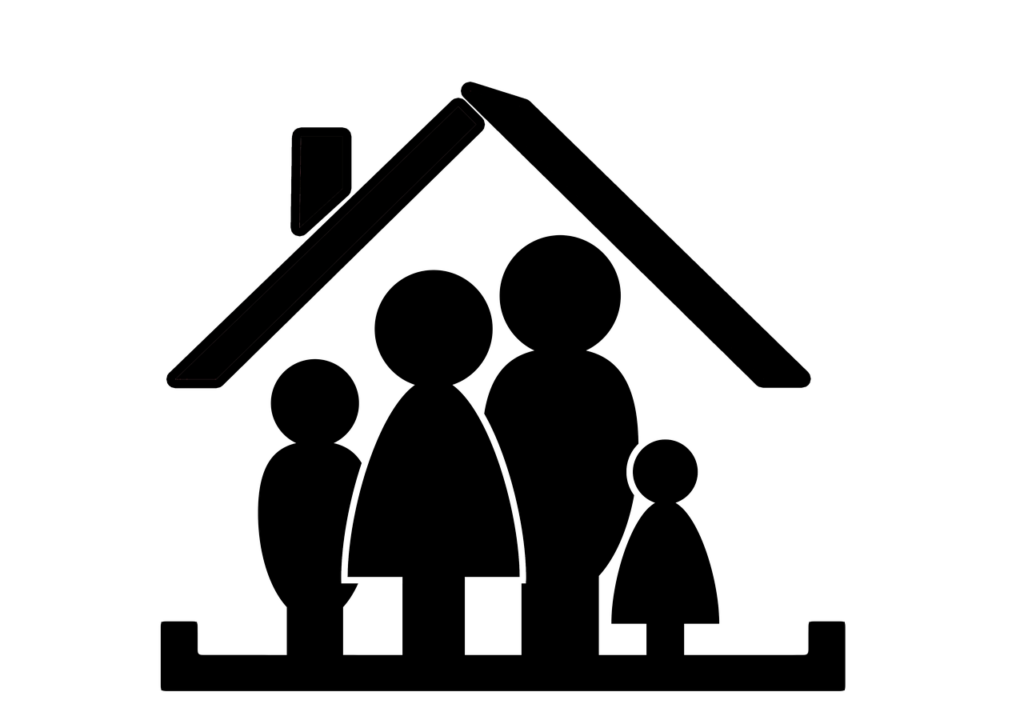Have you ever wondered how to keep your home safe while ensuring peace of mind? Investing in a home security system is one of the best ways to protect your space and loved ones. With so many options available, understanding the key features can help you make an informed decision about the right system for you.

This image is property of images.pexels.com.
What Constitutes a Home Security System?
Before diving into the features, it’s essential to understand what a home security system encompasses. At its core, home security is about monitoring your property, alerting you to intrusions, and maintaining safety in your environment. This can include alarms, cameras, and locks, but also extends to smart technology that connects these elements for comprehensive protection.
Alarms
Alarms are the most straightforward feature of any security system. They’re designed to deter intruders and alert you—and sometimes the authorities—if someone is attempting to break into your home.
-
Types of Alarms: You can find various alarms, including door/window sensors, motion detectors, and glass break detectors. Each type serves different needs, ensuring you’re protected from multiple entry points.
-
Decibel Level: Look for an alarm system with a loud decibel rating to scare off intruders and alert you and your neighbors.
Monitoring Services
Once an alarm is triggered, you want to ensure it’s appropriately addressed. Monitoring services provide peace of mind by watching over your system 24/7.
-
Professional Monitoring: Many systems offer professional monitoring, where operators respond to alerts by contacting you or local authorities. This is an excellent choice if you’re frequently away from home.
-
Self-Monitoring: If you prefer more control, self-monitoring options are available that send instant notifications to your phone, allowing you to decide your next steps.
Video Surveillance
Having a visual record of activities around your home adds another layer of security.
Security Cameras
Modern security cameras offer much more than basic recording functionalities. Here are some features to consider:
-
Resolution: The clarity of your video is vital. Look for high-definition (HD) cameras with at least 1080p resolution to ensure you can identify faces and other details.
-
Night Vision: Many crimes occur at night, so having cameras with infrared or low-light capabilities is essential for comprehensive coverage.
-
Two-Way Audio: Some cameras allow you to communicate through them, which can be handy to talk to visitors or scare off intruders.
Indoor vs. Outdoor Cameras
Determining where you want to place your cameras is crucial.
-
Indoor Cameras: These are perfect for monitoring your family, pets, or valuables inside your home. They should blend well with your home’s décor but still provide necessary functionality.
-
Outdoor Cameras: Built to resist weather conditions, outdoor cameras usually feature wider lenses and higher video quality to cover more areas.

This image is property of images.pexels.com.
Smart Home Integration
In today’s technology-driven world, integrating your security system with your smart home offers significant benefits.
Compatibility with Smart Devices
A system that meshes well with your smart home devices will enhance your overall security experience.
-
Smart Locks: These allow you to lock and unlock doors remotely, providing access to trusted individuals without compromising security.
-
Smart Lighting: Integrating your system with smart lights can help simulate occupancy when you’re away, further deterring potential intruders.
Mobile Access
Having full control of your security system through a mobile app allows you to monitor and manage your home from anywhere.
- Control Features: With a mobile app, you can view live footage, receive alerts, and even control alarms and locks. Benefits like these make you feel secure, no matter where life takes you.
User-Friendly Installation
The installation process can make or break your experience with a home security system.
DIY vs. Professional Installation
When selecting a system, consider whether you want to handle installation yourself or hire a professional.
-
DIY Systems: These are typically simpler and cost-effective. Most come with detailed instructions, allowing you to set up your system at your own pace.
-
Professional Installation: For those who need an extra hand or are deterred by technology, professional installation can save time and ensure that everything is configured correctly.

This image is property of images.pexels.com.
Costs and Budget Considerations
Understanding the financial aspect of investing in a home security system is crucial.
Upfront and Recurring Costs
Ensure you know both the initial and ongoing costs involved with your selected system.
-
Equipment Costs: This encompasses all hardware, including cameras, alarms, and smart devices. Look for systems that provide the necessary tools within your budget.
-
Monitoring Fees: If you opt for professional monitoring services, be aware of monthly fees that can add up. Compare different monitoring plans to find one that fits your financial situation.
Insurance Benefits
Many insurance companies offer discounts for homes equipped with security systems. It’s worth checking with your provider since these savings can give you a financial edge.
Reliability and Customer Support
A security system is only as good as its reliability. Look for brands and systems with proven track records.
Research Brand Reputation
Take some time to read reviews and research the reputation of the security system you’re considering.
-
Feedback: Pay attention to comments about reliability and how well the system holds up in different situations.
-
Customer Reviews: Looking at third-party reviews can provide insights into users’ experiences, including how responsive customer support is during issues.
Technical Support Availability
In case of emergencies or technical difficulties, having reliable support can make all the difference.
-
24/7 Support: Ensure the company offers round-the-clock support in case you encounter problems late at night or when you’re away.
-
Online Resources: A robust FAQ section and online troubleshooting guides can empower you to resolve minor issues independently.
Scalability and Flexibility
Your home security needs may change over time.
System Upgrade Options
Choose a system that grows with your requirements. Modular systems allow you to add or upgrade features as necessary.
- Additional Cameras and Sensors: Whether expanding to cover a newly built garage or adding more indoor cameras, a flexible system will adapt to changes in your life.
Home Automation and Additional Features
Some systems provide advanced functionalities, like environmental monitoring or home automation.
-
Environment Sensors: Consider adding smoke detectors, carbon monoxide sensors, or water leak detectors to protect against threats beyond break-ins.
-
Automation: Many systems integrate with home automation functions, allowing you to control various devices seamlessly for enhanced security.
Privacy Considerations
As you enhance your home security, it’s equally important to consider your privacy.
Data Security
Your system will likely collect and store data. Choosing one that emphasizes robust data protection measures is crucial.
- Encryption: Look for systems that encrypt video feeds and personal information to help safeguard your data against unauthorized access.
Footage Access Control
Understanding who can access your surveillance footage is vital.
- User Permissions: Many systems allow you to set permissions for different users. This feature ensures that only trusted individuals can view sensitive footage or control certain devices.
Conclusion: Making the Right Choice
There’s a multitude of options when it comes to home security systems, so knowing what to look for can help you make an informed choice. Focus on systems that offer a blend of reliable features, excellent customer support, and scalable options to ensure your home remains safe no matter what life throws your way.
Investing in a home security system is a step toward taking control of your environment, so remember to assess your unique needs and preferences throughout your decision-making process. Every home is different, and your security system should reflect your lifestyle and protect what matters most to you.
Seek out the features that resonate with your needs and that you feel comfortable with because proactive safety measures will contribute to your well-being and peace of mind. The right home security system will safeguard your home and your loved ones, ensuring that you can focus on enjoying life knowing you’re well-protected.




